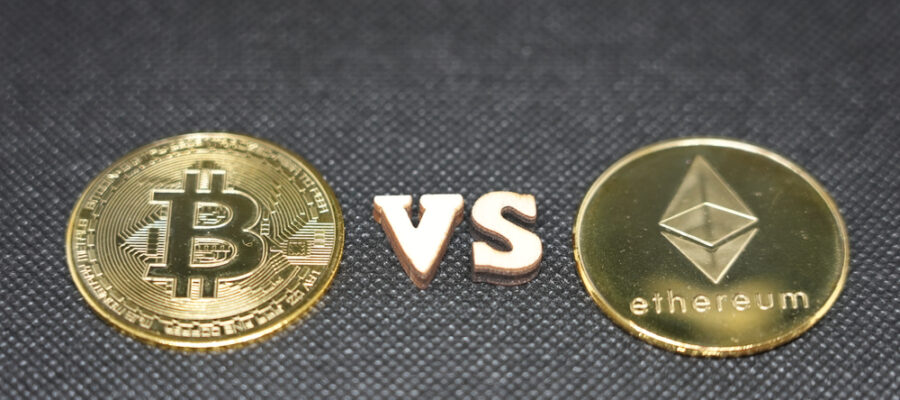As the crypto community eagerly waits for the next bull run, officials at JP Morgan Chase are still skeptical that the price of digital asset will establish an upward trajectory. A report from the lead analyst at JP Morgan, Nikolaos Panigirtzoglou, envisages that the upcoming Bitcoin halving BTC will be “largely priced.”
The executive explained that the 2024 Bitcoin halving will affect the supply of the world’s largest crypto asset by market capitalization.
Impact of Bitcoin Halving on Supply of Digital Assets
Citing the uncertainties linked to the upcoming Bitcoin halving, the JP Morgan official confirmed their predictions are based on the current BTC price movement and the mining difficulties.
After carefully analyzing the movement of the BTC prices, the analyst observed that after the upcoming Bitcoin halving, the production cost might increase from $22000 to $44,000.
They noted that the Bitcoin price will consistently drop by 5% in value from its current market value of $42K after the halving. Also the analyst remained pessimistic that the post-halving hash rate would decrease by 20%.
The unprecedented decrease in hash rates will complicate Bitcoin mining process , forcing critical crypto miners to exit the market. A review of the impact of the previous Bitcoin halving demonstrated that the ratio of Bitcoin price against production cost was 1:1.
Based on the 2020 Bitcoin halving report, the analyst noted that the current price of BTC had doubled the production cost. This implies that after 2024 halving, Bitcoin price might skyrocket.
The JP Morgan analysis sparked heated debates among the crypto proponents. Commenting on the report, the market critics argued that after the Bitcoin exchange-traded funds(ETF) receive regulatory approval, the investor will invest more funds in BTC.
Analyst Forecast Increase in Investment in Crypto in 2024
Even though the US Securities and Exchange Commission has not approved the Bitcoin ETF, other regulators in Canada and Europe have greenlighted the Ethereum ETF. A review of the adoption of the Ethereum ETF demonstrated that investors are silently investing in these products.
The JP Morgan team noted that the investors less interest in the Ether spot ETF. After monitoring the investor purchasing pattern, the analysts believe that after the approval of Bitcoin ETFs, more capital will be generated from the ETFs than the existing BTC-linked products, including the Grayscale Bitcoin Trust (GBTC).
The analyst forecast that the investors will shift to Bitcoin ETF to maximize their profits. They argued that if an investor moves $2.7 billion invested in Grayscale Bitcoin Trust (GBTC) to Bitcoin ETF, he will definitely maximize his return on investment.
However, if the investors withdraw the $2.7 billion from the GBTC investment without investing in other Bitcoin products, then the BTC prices will establish a downward trajectory.
Ether to Outperform Bitcoin in 2024
After a thorough assessment of the price movement of the crypto assets, the JP Morgan analyst envisages that Ethereum will outshine Bitcoin next year. The analyst believes that the launching of the Protodanksharding upgrade will propel Ether prices to the green zone.
According to the report, the analyst warned the investor not to be excited about the revival of decentralized finance (DeFi) and non-fungible token (NFT) activities.
A few days ago, the chief executive of JP Morgan, Jamie Dimon, expressed his anti-crypto stance during the Senate Banking Committee. Addressing the committee, the CEO vowed to shut down crypto if appointed for a government role.
Citing the recent use of crypto in criminal activities, Dimon described digital assets as tools to conduct unlawful activities. The CEO admitted that for years, he has always been against crypto development and digital assets, including Bitcoin. With the rise of criminal activities in the crypto sector the CEO confirmed that he was an active supporter of the Massachusetts senator Elizabeth Warren.
All trademarks, logos, and images displayed on this site belong to their respective owners and have been utilized under the Fair Use Act. The materials on this site should not be interpreted as financial advice. When we incorporate content from other sites, we ensure each author receives proper attribution by providing a link to the original content. This site might maintain financial affiliations with a selection of the brands and firms mentioned herein. As a result, we may receive compensation if our readers opt to click on these links within our content and subsequently register for the products or services on offer. However, we neither represent nor endorse these services, brands, or companies. Therefore, any disputes that may arise with the mentioned brands or companies need to be directly addressed with the respective parties involved. We urge our readers to exercise their own judgement when clicking on links within our content and ultimately signing up for any products or services. The responsibility lies solely with them. Please read our full disclaimer and terms of use policy here.

